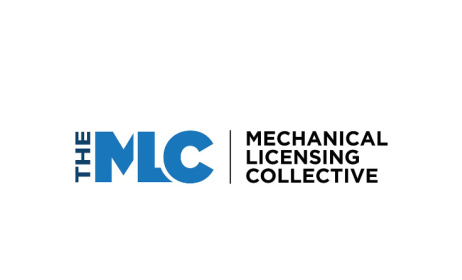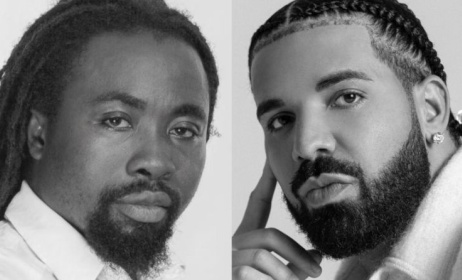Copyright, royalties and musical piracy in Mauritius
Admittedly a very difficult issue, copyrighting has plagued Mauritian artists for decades. This text discusses recent developments as it concerns Mauritian authorities and the country’s artists.
 Photo: Économie Matin
Photo: Économie Matin
It has been an issue of debate for the Department of Arts and Culture, which has under its supervision the Mauritian copyrights agency.
Added to this is the complication of music piracy, which is an ever-growing problem. During the festive period, artists fear that their works will be pirated and sold at half the price (RS 100, approximately 3 USD) or even less. To counter the effect of piracy, in December 2015, artists decided to take matters in their hands. The altercation between top Mauritian artists, street vendors and the police made headlines.
Between arrests, court appearances and allegations of police brutality, artists called for a better management of royalties and stricter control over counterfeiting and piracy. This led to the reform of the Copyright Act.
Copyright Act amendment
After several public claims and a peaceful march at the beginning of 2016 in Port Louis, the capital, where politicians of all stripes joined the artists, there was hope to an amendment of the Copyright Act. It was no longer a claim but a demand to revise the legislation to protect the artists’ works against piracy.
October 2016 brought good news. An action committee was established consisting of representatives of various agencies: the Department of Arts and Culture and the Mauritius Revenue Authority who would lay the groundwork for amendments to the Copyright Act. This work was carried out with the collaboration of an expert from the World Intellectual Property Organization (WIPO).
The legislation would include the penalties for buyers of pirated copies, not punishable before.
However, the major change would be the reintroduction of seven artists (instead of three elected members) within the board of the Rights Management Society: a company that manages the rights of authors in Mauritius and which operates under the aegis of the Department of Arts and Culture.
The new fee schedule for the use of music for commercial purposes forcing any user concerned to honour the costs involved is being revised at the State Law Office in Mauritius.
The Mauritius Society of Authors, challenged for interference of a political nature, was replaced and renamed the Rights Management Society. In theory, the measures which have been set out by the action committee aimed at reassuring artists.
New momentum
Pending the adoption of the act, the authors say they do not understand how and why the Council of Ministers set the date of payment of royalties for the year 2016.
‘The Council of Ministers has nothing to do with the rights of authors’, chanted producers and authors.
In 2016, the Mauritius Rights Management Society paid nearly Rs 23 million (nearly USD 650,000) in royalties.
The first installment was paid in April 2016, but several artists, grouped under the name of Kolektif Artis Morisien, expressed their disappointment to the press in the presence of their lawyer, Me Rama Valayden.
They suggested that this amount did not correspond to the number of broadcasts on private and public radio stations, in hotels and restaurants, and aboard the national airline.
The second instalment was expected in December 2016. The Mauritius Rights Management Society avoided the subject and the political interference was not well received.
The question as to why the payment for copyrights has landed at the Council of Ministers while the issue is the Mauritius Rights Management Society’s remains.
Now that the amendments to the Copyright Act have been finalized and the Mauritius Rights Management Society is expected to function properly, singers, musicians and producers expect that piracy will be a thing of the past.
Meanwhile, a new form of piracy is taking place online.
Source:
Pay Research Bureau: https://prb.pmo.govmu.org/
KolektifArtis Morisien






























Comments
Log in or register to post comments